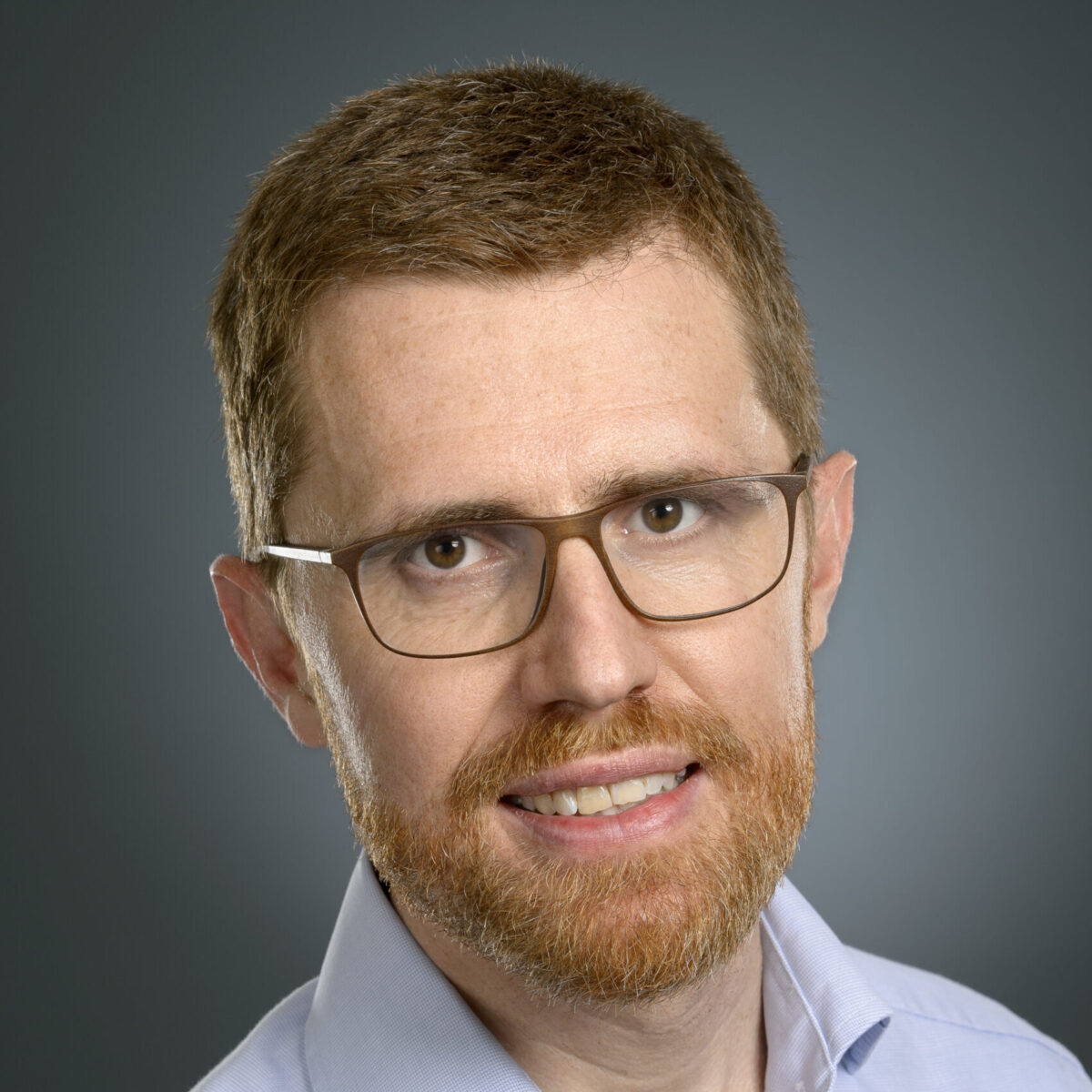In this edition of “Meet the members”, we interview Johannes Levin, Professor for clinical neurodegeneration at the Department of Neurology, Ludwig-Maximilians-University Munich, Deputy leader for clinical research at the German Center for Neurodegenerative Diseases (DZNE), site Munich and Chief Medical Officer at MODAG GmbH. He speaks about the biggest challenge specially in regards to working on rare diseases and his expectations for the network.
1. What is your profession and your medical expertise or specific field of interest/why?
I work as professor for Clinical Neurodegeneration at the Department of Neurology, Ludwig-Maximilians-University Munich and I am deputy leader for clinical research at the German Center for Neurodegenerative Diseases (DZNE), site Munich.
I have been working in the field of neurodegeneration for 20 years focusing clinically on movement disorders and genetic forms of dementia.
My principal research focus is the molecular pathogenesis of neurodegenerative diseases with emphasis on protein aggregation, biomarker development for neurodegenerative diseases and therapy development targeting protein aggregation.
I have a proven track record for coordinating academic research studies and I am principal investigator of the largest interventional trial in Multiple System Atrophy in Germany involving 92 patients at 12 centers (PROMESA trial) with long standing experience in conducting industry sponsored trials.
Moreover I am principal investigator in several national studies and in international cohort studies such as the Dominantly Inherited Alzheimer’s Network (DIAN) and the Genetic Fronto-temporal dementia Initiative (GENFI).
Based on this background I joined MODAG GmbH as part-time CMO where the academic work on the oligomer modulator anle138b is continued in an industry setting, where the compound is currently at early stages of clinical development.
2. What do you like most about your work and what is the biggest challenge specially in regards to working on rare diseases?
I really like the need for collaboration in working on rare diseases. The highest burden I see is the administrative hurdles for collaboration and especially for interventional trials.
3. How do you participate in ERN-RND? Can you tell us about your experience presenting a case via the CPMS?
I am member of the FTD disease group and one of the coordinators of the atypical Parkinson disease group.
4. What are your expectations for the network?
Foster collaboration between centers and countries to improve patient care. For example, we currently work on guidelines to harmonize treatment of patients with atypical parksinonism.
5. How do you think patients and clinicians can work together/why do you think it is important?
In the atypical Parkinson disease spectrum there is a good connection between patients and scientists really improving science by direct contributions and by helping to identify relevant research questions.
6. What would you wish in terms of educational activities or materials to be offered from ERN-RND, targeting clinicians as yourself?
Support in improving and harmonizing diagnosis and care for patients with rare neurodegenerative diseases, for example via providing training and materials such as case discussions or clean, short tables, flowcharts and SOPs.
Is there anything else you would like to say?
I hope ERN-RND continues to grow.
Are you an ERN-RND full member or affiliated partner and would like to participate? Please contact us.

